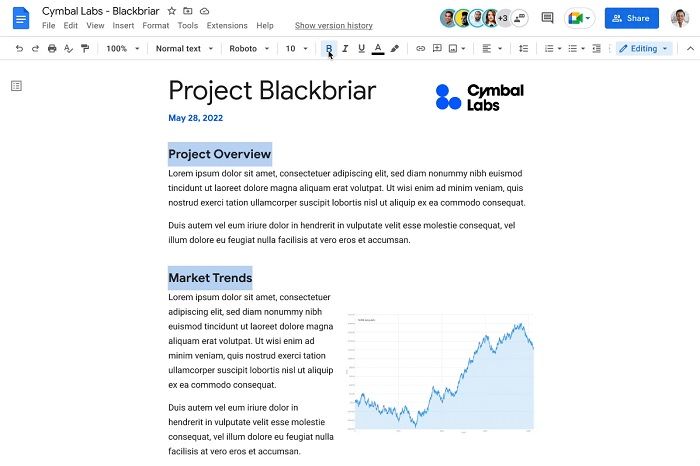
"Trade smarter, not harder — but start by knowing who you’re dealing with."
In the wild west of online finance, prop trading firms have become the talk of the town, offering talented traders the chance to trade big without risking their own capital. The catch? Not all firms are created equal — and if you’ve spent any time down the rabbit hole of Trustpilot reviews, you’ll know that the gap between the best and the rest is huge. Think Ferrari vs. rusty bicycle.
The real question isn’t just “who’s the biggest?”, it’s “who’s consistently delivering value, fair payouts, and a solid trader experience?” That’s where the collective wisdom of past and current traders — laid out publicly on Trustpilot — becomes gold for anyone looking to jump in.
One of the most interesting parts about scanning the reviews is spotting patterns. High-rated firms often share a few traits: transparent rules, fast payout processes, accessible support teams, and fair challenges. Those sitting closer to the bottom? Complaints about sudden account closures, unclear trading rules, or customer service that ghosts you faster than a bad Tinder date.
Take FTMO, for example — a name you’ll see pop up in dozens of glowing reviews. Traders praise its payout consistency and straightforward challenge system. Compare that with mid-tier firms that get credit for potential but lose points for clunky platforms. Another player, The Funded Trader, earns respect from reviewers for its diverse asset offering — forex, stocks, crypto, indices, commodities — letting skilled traders flex across multiple markets without being locked into one asset class.
Ads can make any prop firm look like the next big thing. A slick Instagram page doesn’t show if you’ll get paid on time. Trustpilot reviews are essentially the unfiltered version of reality — you see praise, frustration, and everything in between.
One reviewer might detail how they hit their profit target trading gold in volatile sessions and were paid within 24 hours. Another might warn you that their payout took weeks and customer service was MIA. Reading between the lines matters.
Prop trading used to mean you walked into an office physically, proved yourself over time, and traded the firm’s money under supervision. Now? You can do it from your couch, in sweatpants, executing positions in forex or crypto markets at 2 a.m.
What’s interesting is how closely this evolution is tied to the rise of decentralized finance (DeFi). Decentralized prop-style platforms are starting to remove the gatekeepers — smart contracts can log trades, verify profits, even trigger payouts without an intermediary. But challenges remain: regulation uncertainty, platform security, and trust in code over people.
Imagine AI copilots that adapt to your trading style, flag potential setups, or instantly rebalance risk as market conditions change. Prop firms are already testing AI-assisted dashboards, making it easier to manage multiple instruments — from currency pairs to crypto futures — without the mental overload of watching fifteen charts at once.
Those who combine AI tools with human intuition could dominate the next decade of prop trading. The winning firms will be the ones integrating smart contracts, machine learning, and rapid-market execution while keeping transparency front and center.
Prop trading isnt just about timing the markets — its about choosing the right partner before you even place your first trade. And thanks to thousands of voices on Trustpilot, that decision’s no longer blind.
Slogan for the savvy trader: “Choose a prop firm with reviews you can bank on — because your next trade deserves a trusted payout.”